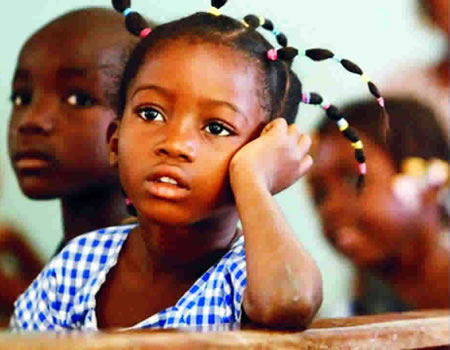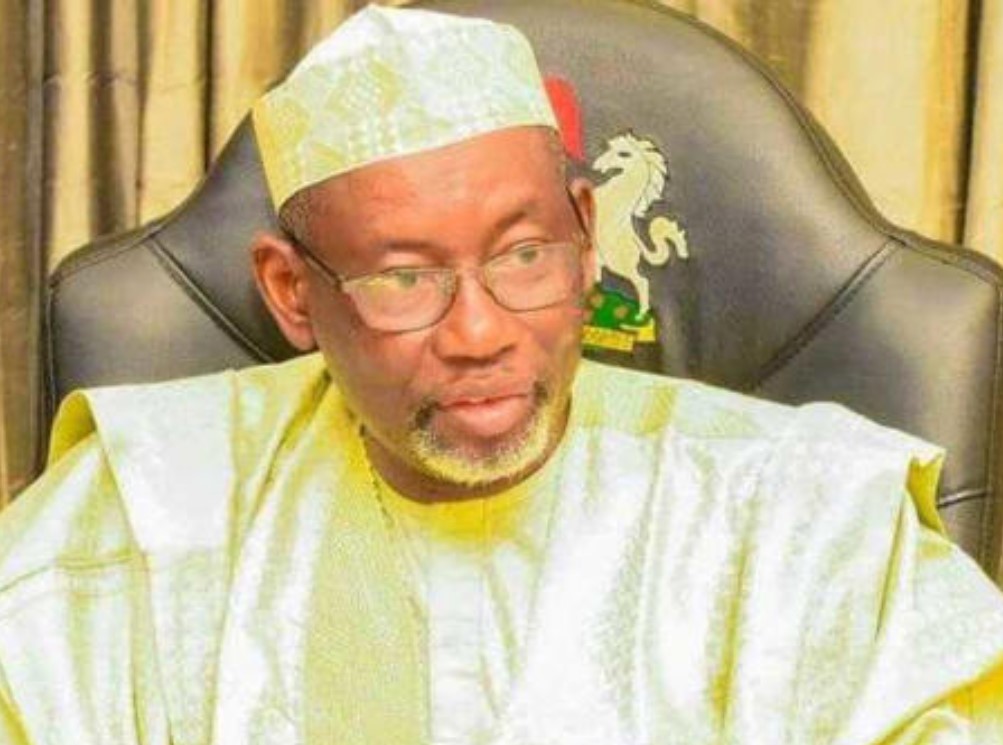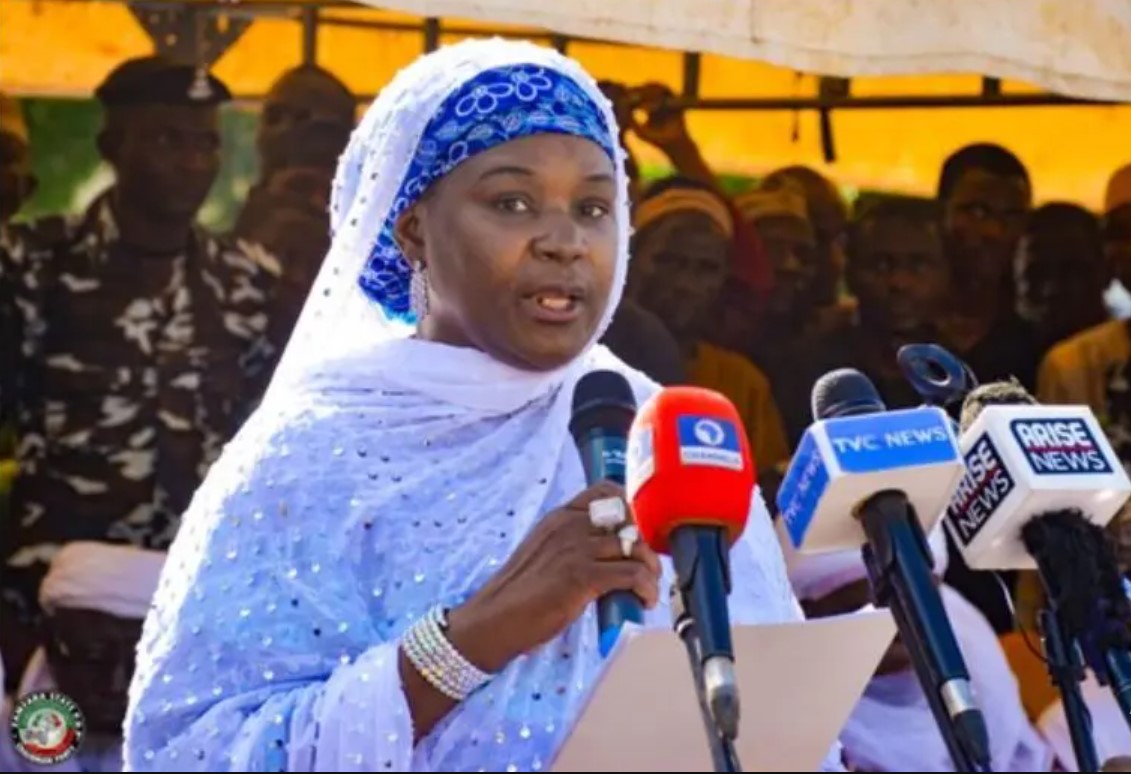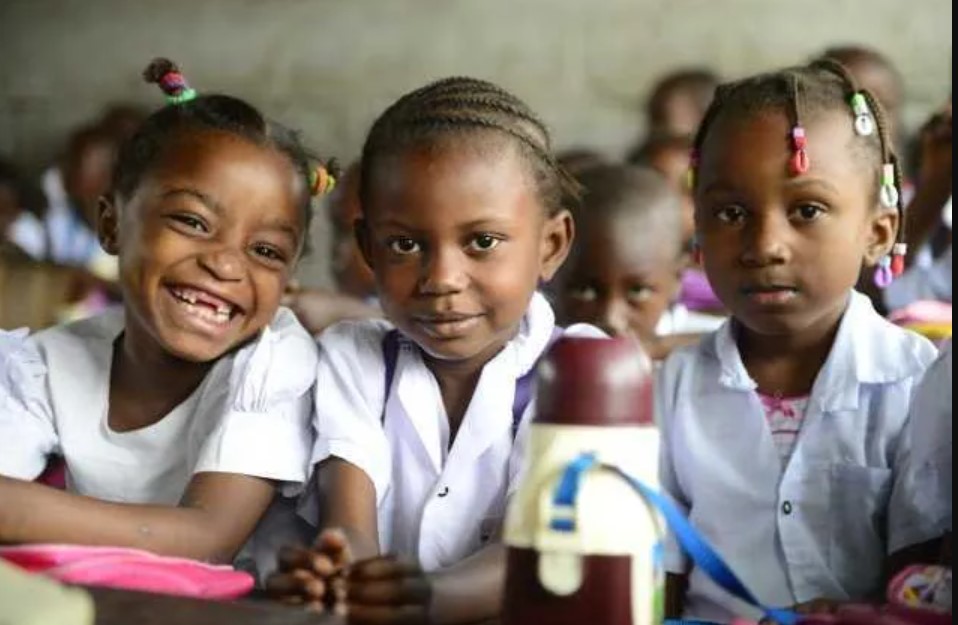
‘Integrating gender issues into school policies will boost enrollments’
- Gender
- No Comment
- 255
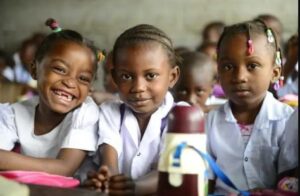
As Nigeria grapples with the 7.6 million girls out of school, the need to integrate gender and education issues into school policies and codes of conduct is being highlighted.
A British Council report said this would tackle gender-based violence and increase girls’ participation and school attendance.
The report lamented that the creation of inclusive schools and girl-friendly spaces is hampered by ‘a lack of knowledge, resources and, in some cases, policies.’
It also called for greater clarity in how gender and education are discussed by international development actors in policy documents and guidelines.
The report, titled: ‘Challenging Barriers to Girls’ Education’, was written on behalf of the council by Bukola Oyinloye, Faith Mkwananzi and Patience Mukomenbo.
In the report, they noted that teachers were not aware of government guidelines on sexual and gender-based violence, and that there was little training in gender mainstreaming.
Furthermore, they pointed out that the budget allocation for sports and toilet facilities for girls was poor, while school documents rarely included explicit statements on gender equality.
“Teachers, principals and students all knew about school-related gender-based violence, but there were limited mechanisms, such as protection, to address it,” the report said.
It would be recalled that the United Nations Children’s Fund (UNICEF), while commemorating the International Day of the Girl in 2023, had revealed that 7.6 million girls in Nigeria, mostly from the North, remain deprived of education.
According to The Guardian’s report, addressing limitations in girls’ education remains a priority for governments and development actors worldwide.
It called for a thorough understanding of the intrinsic, pedagogical, systemic and societal barriers girls face in accessing equitable, inclusive and quality education.
Drawing on the British Council’s work in Africa, including research carried out with teachers and school leaders in Ethiopia, Sudan, Nigeria and Tanzania, and a stakeholder report from Kenya, the report highlighted the challenges teachers and school leaders face in creating of inclusive environments.
“Collective reflections on gender and education need to be integrated at school level, in everyday conversations between teachers (both female and male) and school principals, as well as with communities. This would show teachers that the work they are doing is part of a collective action, potentially encouraging them to continue their efforts.
“Inclusive households and communities have supportive attitudes and cultural practices around girls’ education and make educational decisions that benefit girls.
“The evidence shows that girls’ education is constrained by a combination of intersectional challenges of poverty and cultural perspectives, exacerbated by the COVID-19 pandemic. High levels of poverty have meant a lack of money for school fees, uniforms, school supplies, and, in extreme cases, hunger and starvation. Sometimes girls supplemented family incomes through hawking and small businesses.
“Specific to rural and semi-urban areas were cultural beliefs that girls’ education is of less value than boys’, parental neglect and child marriage. These challenges resulted in absenteeism and lower completion rates for girls,” the report said.
‘Integrating gender issues into school policies will boost enrollments’



